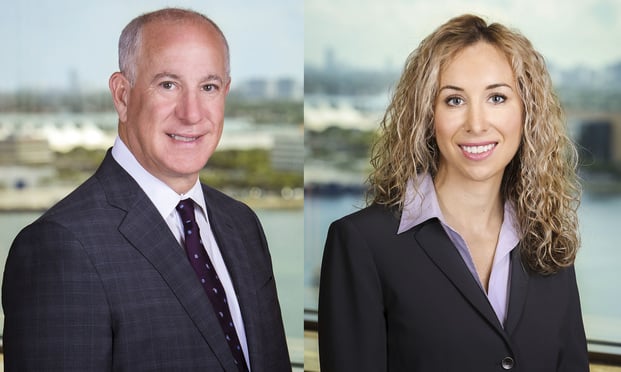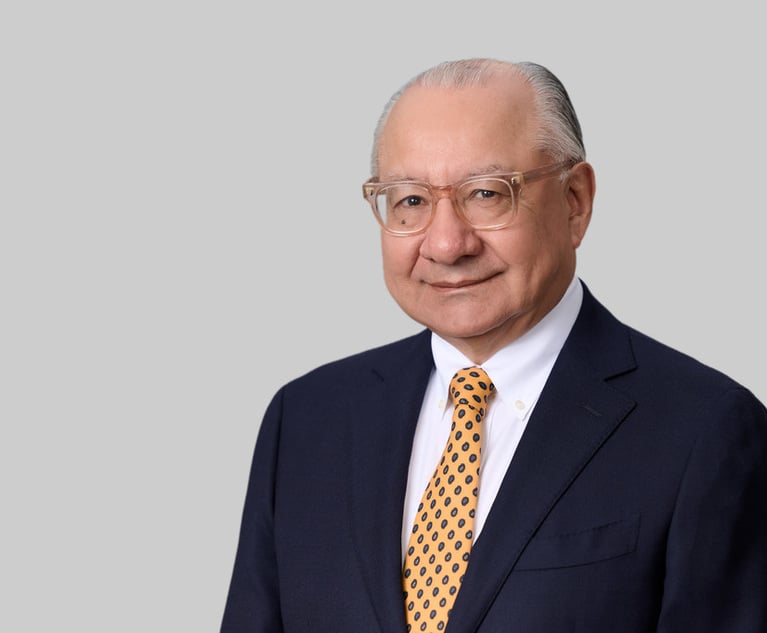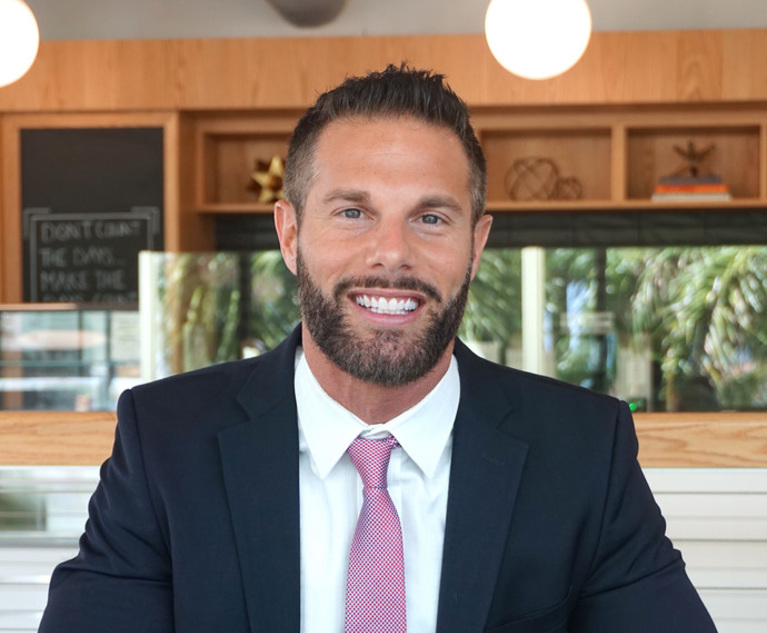Yes, in today’s world, it is very scary to be in the hospitality industry. While COVID-19 has taken a significant bite out of the hospitality industry, there appears to be some light peeking through the darkness.
Hospitality was one of the first and hardest hit industries by the pandemic because the industry is leisure-driven and largely funded by discretionary spending. At this point, the industry is basically in “survival mode.” In fact, as Forbes recently noted, only about 33% of Americans say they are willing to stay in a hotel and only 28% will be ready to fly within three months of the curve flattening. Only one in six Americans say they will stay in a hotel within a month of COVID-19 being curtailed, and slightly more than half of Americans (52%) have expressed a willingness to stay in a hotel within six months.


 Lee Mackson, left, and Michelle Hendler, right, with Shutts & Bowen in Miami.
Lee Mackson, left, and Michelle Hendler, right, with Shutts & Bowen in Miami.




